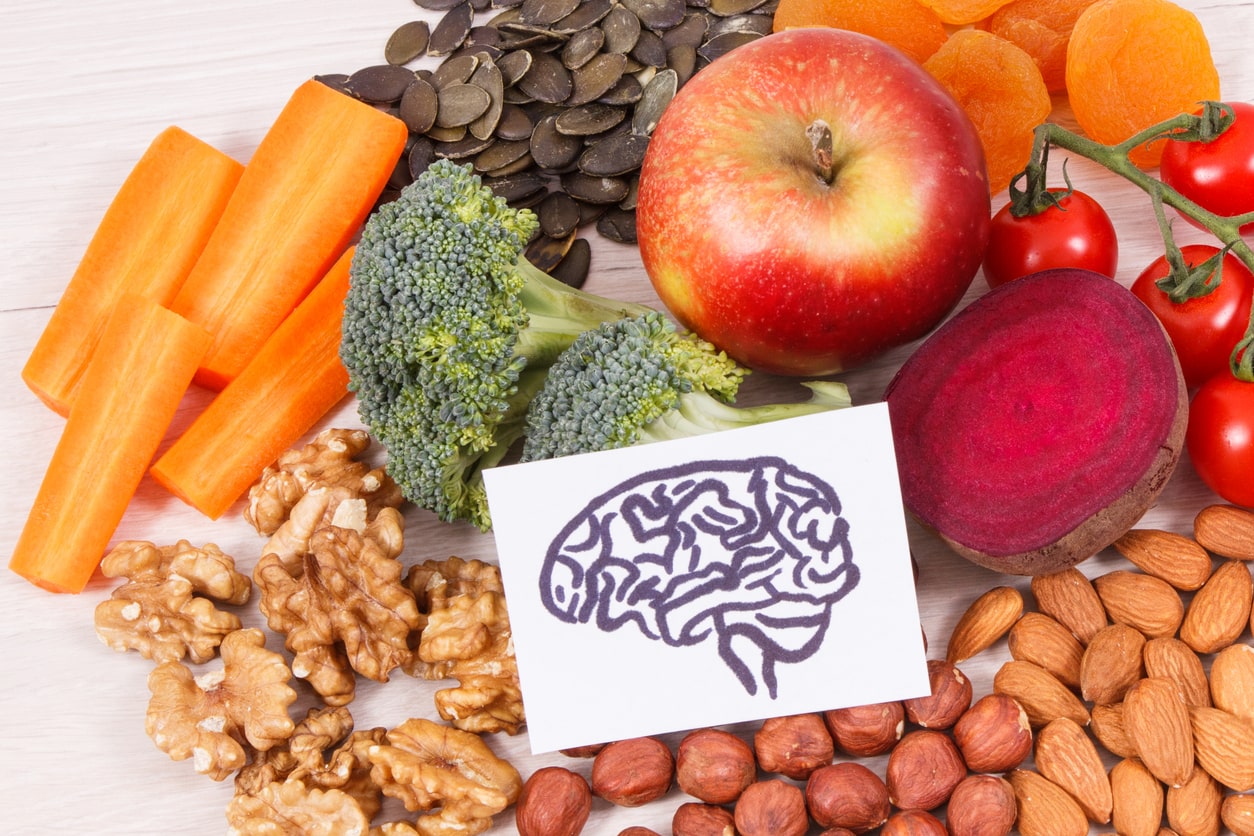Now Reading: Foods That Improve Mood During Recovery
-
01
Foods That Improve Mood During Recovery
Foods That Improve Mood During Recovery

Introduction
Recovery is a challenging journey that requires both physical and emotional healing. While therapy, lifestyle changes, and support systems play essential roles, nutrition is often overlooked. The foods we eat can significantly impact mood, energy levels, and emotional well-being, especially during recovery.
Certain foods contain nutrients that regulate brain chemistry, reduce stress, and boost serotonin and dopamine levels, which are crucial for maintaining emotional stability. This article explores the best foods that improve mood during recovery, how they help, and how to incorporate them into a daily routine.
The Connection Between Food and Mood
The brain and gut are closely connected, and what we eat directly affects hormones and neurotransmitters that control mood. During recovery, it is common to experience mood swings, depression, and anxiety, making it even more important to consume foods that promote emotional balance and overall well-being.
Nutritional deficiencies can lead to:
- Low energy levels
- Increased stress and anxiety
- Mood instability
- Cravings for unhealthy foods
By focusing on foods that improve mood during recovery, individuals can better manage emotional challenges and build a healthier, more stable mindset.
Best Foods That Improve Mood During Recovery
1. Fatty Fish (Salmon, Mackerel, Sardines)
Why it helps:
- Rich in Omega-3 fatty acids, which reduce inflammation in the brain and improve dopamine and serotonin production.
- Omega-3s support cognitive function and mental clarity.
How to include it:
- Eat grilled or baked fish at least twice a week.
- Add canned sardines or tuna to salads or sandwiches.
2. Dark Leafy Greens (Spinach, Kale, Swiss Chard)
Why it helps:
- Packed with folate, magnesium, and vitamin K, which reduce stress and anxiety.
- Folate supports the production of dopamine and serotonin, essential for mood regulation.
How to include it:
- Add spinach to smoothies or omelets.
- Make a kale salad with nuts and seeds.
3. Berries (Blueberries, Strawberries, Blackberries)
Why it helps:
- High in antioxidants, which reduce inflammation and protect brain cells.
- Flavonoids found in berries boost memory and mental focus.
How to include it:
- Eat a handful of berries as a snack.
- Add them to yogurt, oatmeal, or smoothies.
4. Nuts and Seeds (Walnuts, Almonds, Flaxseeds, Chia Seeds)
Why it helps:
- Contain healthy fats and vitamin E, which support brain health and cognitive function.
- Rich in magnesium, which helps reduce anxiety and improve sleep.
How to include it:
- Snack on a handful of nuts daily.
- Sprinkle chia or flaxseeds into smoothies or oatmeal.

5. Avocados
Why it helps:
- Contains healthy monounsaturated fats, which support brain function and emotional stability.
- Rich in B vitamins, essential for reducing stress and improving mood.
How to include it:
- Spread avocado on whole-grain toast.
- Add it to salads or smoothies.
6. Whole Grains (Brown Rice, Quinoa, Oats)
Why it helps:
- Whole grains stabilize blood sugar levels, preventing mood swings.
- High in B vitamins and fiber, which support gut health and emotional well-being.
How to include it:
- Replace white rice with brown rice or quinoa.
- Eat oatmeal for breakfast with berries and nuts.
7. Dark Chocolate (At Least 70% Cocoa)
Why it helps:
- Contains flavonoids and magnesium, which reduce stress and improve brain function.
- Boosts endorphin levels, leading to better mood.
How to include it:
- Eat a small piece of dark chocolate daily.
- Melt and drizzle over fruit or yogurt.
8. Eggs
Why it helps:
- High in choline, which supports brain function and neurotransmitter production.
- Contains protein, which helps maintain stable energy levels.
How to include it:
- Eat boiled eggs as a snack.
- Make an omelet with vegetables for breakfast.
9. Probiotic-Rich Foods (Yogurt, Kefir, Sauerkraut)
Why it helps:
- Supports gut health, which directly impacts mood.
- Helps produce serotonin, the “feel-good” hormone.
How to include it:
- Eat Greek yogurt with fruit.
- Add kimchi or sauerkraut to meals.
10. Green Tea
Why it helps:
- Contains L-theanine, an amino acid that promotes relaxation.
- Helps reduce anxiety and improve focus.
How to include it:
- Drink one or two cups daily.
- Replace coffee with green tea for a gentler energy boost.
How to Incorporate Mood-Boosting Foods into Your Recovery Diet
To maximize the benefits of these foods:
1. Plan Balanced Meals
- Include a source of protein, healthy fat, and fiber in every meal.
- Avoid processed foods high in sugar and unhealthy fats.
2. Stay Hydrated
- Drink plenty of water and herbal teas.
- Limit caffeine and sugary drinks, which can cause mood swings.
3. Snack Smart
- Replace junk food with nuts, berries, or yogurt.
- Keep healthy snacks easily accessible.
4. Cook at Home
- Home-cooked meals are more nutritious and less processed.
- Experiment with simple, wholesome recipes.
Conclusion
Foods that improve mood during recovery play a crucial role in emotional well-being, stress management, and brain function. By incorporating nutrient-rich foods like fatty fish, leafy greens, nuts, and whole grains, individuals can stabilize their mood and support their recovery journey.
Building a recovery-friendly diet not only enhances mental clarity but also helps reduce anxiety, depression, and cravings. Start making small, mindful changes today to fuel both body and mind for long-term healing.

Jen Sheldon is a seasoned writer with a passion for fitness, health, wellness, and addiction treatment. With years of experience crafting insightful and research-backed content, she helps readers navigate their journey toward better well-being. When she’s not writing, you’ll find her exploring new workout routines or diving into the latest health trends.


























